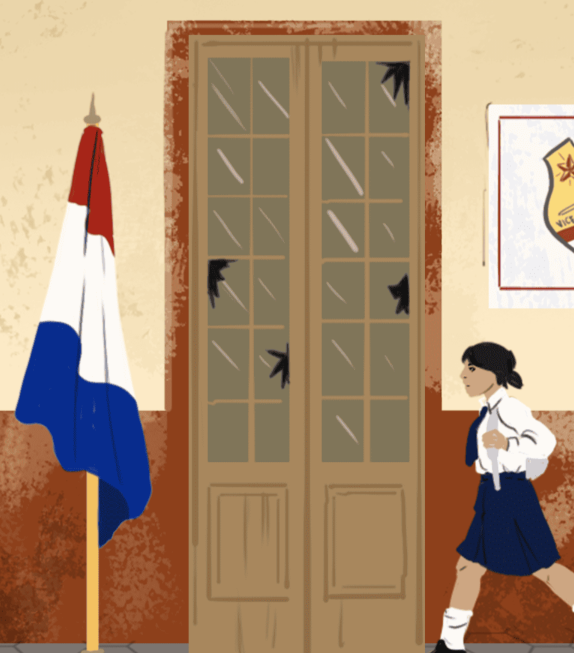
Public procurement
Citizen volunteers from Costa Rica and Spain are helping reporters from La Voz de Guanacaste and Maldita to investigate suspicious government contracts detected by Guanadata, a powerful corruption risk alert system developed by Costa Rican journalists. They will be volunteering their time to analyse alerts, identify and prevent potential corruption cases in their municipalities, and participate in the project’s ongoing workshops and webinars.
Getting to the bottom of suspicious business
GuanaData, established six years ago, focuses on analysing public expenditure in local governments. Through grants, a group of journalists identified instances of nepotism, inefficiencies, and project delays in local government budgets, exposing the need for greater transparency. They discovered that the prevalent corruption discussed in towns stemmed from the challenging-to-access SICOP, Costa Rica’s public procurement system, which failed to comply with open government regulations. To overcome the laborious process of manually analysing SICOP’s data, the team collaborated with the Center of Investigative Reporting and developed an algorithm to extract public procurement data from six Guanacaste municipalities. By implementing corruption indicators, they created an automatic alert system for journalists when red flags were detected.
Thus far, the project has successfully extracted a year’s worth of data, uncovering over 1,500 red flags. The alerts have been sent to journalists who are currently pursuing leads for their investigations. Now, the project seeks community support to further analyze and utilize this substantial dataset, aiming to enhance transparency, combat corruption, and foster positive change in local governance.
Used Pathways
WHAT IMPACT after the investigation?
This project was launched in late November 2023, so its impact will be evaluated in 2024.
SEEK Suggestions













